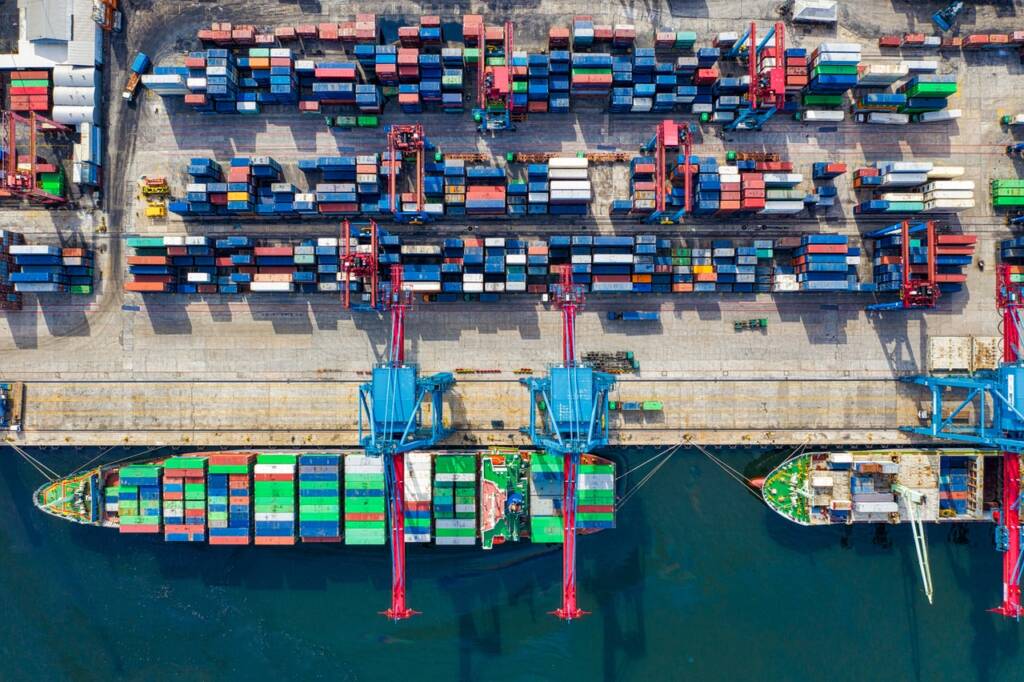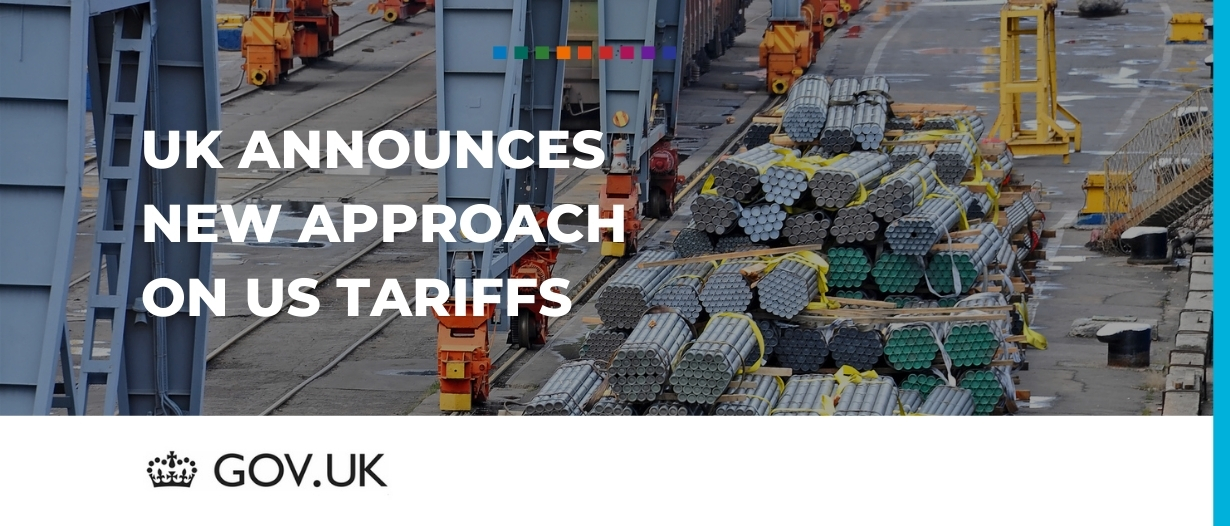The UK is today announcing an independent approach to the longstanding trade conflicts between the EU and US around steel and aluminium and aerospace tariffs.
To defend the UK steel industry, International Trade Secretary Liz Truss is rolling over tariffs in response to the unjustified ‘Section 232’ tariffs imposed by the US on aluminium and steel imports. These tariffs will continue from January 1st when the UK becomes an independent trading nation once again.
The Department for International Trade will launch a consultation to ensure these tariffs are shaped to UK interests and tailored to the UK economy, based on evidence and input from key stakeholders. Details of the scope and timing of the consultation will be confirmed in due course.

In parallel, the UK government is suspending retaliatory tariffs resulting from the Boeing dispute in an effort to bring the US towards a reasonable settlement and show that the UK is serious about reaching a negotiated outcome. The government reserves the right to impose tariffs at any point if satisfactory progress towards an agreeable settlement is not made.
The twin announcements are part of the government’s strategy to de-escalate trade tensions so the US and UK can move forward to the next phase of their trading relationship, and ultimately draw a line under a dispute that harms industry on both sides of the Atlantic.

International Trade Secretary, Liz Truss said:
“As an independent trading nation once again, we finally have the ability to shape these tariffs to our interests and our economy, and to stand up for UK business.
Ultimately, we want to de-escalate the conflict and come to a negotiated settlement so we can deepen our trading relationship with the US and draw a line under all this. We are protecting our steel industry against illegal and unfair tariffs – and will continue to do so – but are also showing the US we are serious about ending a dispute that benefits neither country.”
Related Content

More: UKEF signs new export partnership with the UAE Read More →
More: Importing and exporting goods to the EU after Brexit: what you need to know Read More →





























